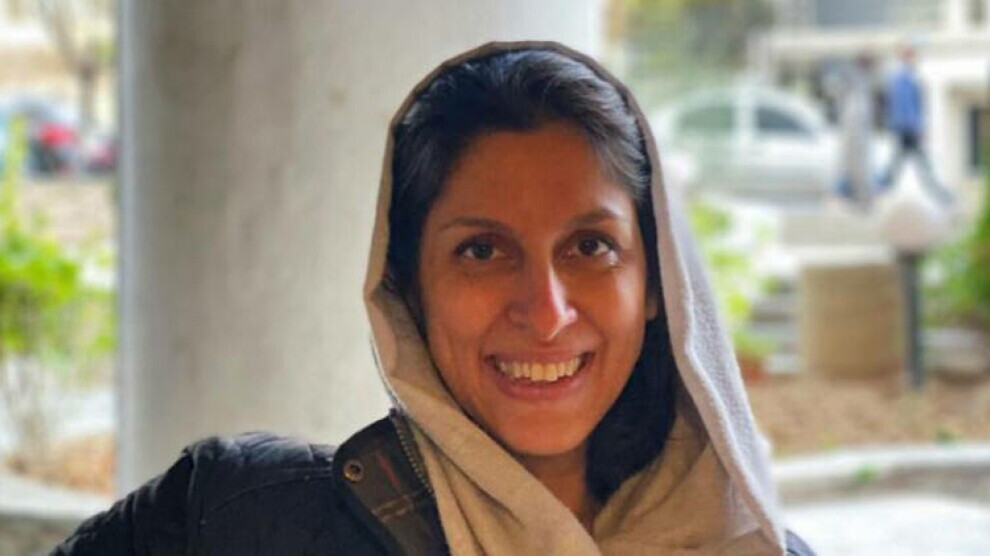When life becomes cheaper than bread
Imagine a reality where people are forced to barter the details of their daily existence for a single loaf of bread. In Gaza, where children are starving, life itself has been stripped of value—bread has become a currency, and the world watches in silence

BERIVAN INATÇİ
Sometimes a song strikes with the force of truth, as though you are hearing it for the first time. “Min ew kesem” (“I Am That Person”) by Najmadin Gholami—also performed by many other artists—embodies such a truth in every word, each line resonating with the brutal realities of life.
Artist Serap Sönmez presents her own interpretation of the song, yet beyond any interpretation, its words pull us toward life’s stark truths: workers sacrificing their lives for bread, Rojava’s fields threatened and destroyed for years, and Gaza, where hunger kills before the world’s indifferent gaze. The song voices a painful reality.
Trading life today for bread tomorrow.
Imagine a system that compels people to exchange their very lives for survival. Men and women sell more than half their day just to afford a crust of bread for their families. They take on dangerous jobs where death lurks at every turn, or toil in mines—alive, yet gasping for breath.
This system has become normalized. Each day, crowds surge into cities, trading their labor for bread. Bread—once a symbol of human progress, cultivated for millennia by women—has, under this oppressive order, become both a cause of starvation for some and a fragile means of survival for others.
Land of bread without bread
As Abdullah Öcalan has observed, colonial realities have left the “land of bread” without bread. Kurdistan, rich above and below ground—with barley, wheat, and countless resources—sees its produce sold elsewhere, laid on the tables of capitalist profiteers. Vast hectares of wheat are cultivated, yet the people’s labor is attacked, their livelihood threatened by those who vowed to leave them without sustenance.
Despite its hundreds of natural springs, children in North and East Syria die of thirst as occupying powers deliberately cut off water supplies. Families are forced to purchase barrels of water with the little money earned from a day’s labor.
Shame of humanity
Since 2023, Gaza has endured what many describe as genocide. More than 60,000 people have been killed. Thousands remain buried beneath rubble—along with thousands of untold love stories, shattered dreams, and the first steps of children who never had the chance to stand. But they were not the only ones buried. Human dignity itself was entombed beneath the ruins.
For nearly three years, Gaza has faced relentless bombardment. Now, famine looms. Each day brings reports of hundreds more succumbing to hunger, including over 300 infants and children deprived even of their mothers’ milk—all before the eyes of the world. Images of shame and degradation fill global media, while the same powers that dragged Gaza into war now drop sacks of flour and loaves of bread from the sky, as if performing acts of mercy. The bitter truth is that those whose hands drip with the blood of children claim to love children.
Hearing this song sharpened that painful realization: today, in Gaza, people no longer even have a life to trade for bread. Its lyrics pierce the conscience, leaving only one haunting question:
“Oh justice, oh justice, oh justice, oh justice… in this cruel market, life is cheaper than bread.”
